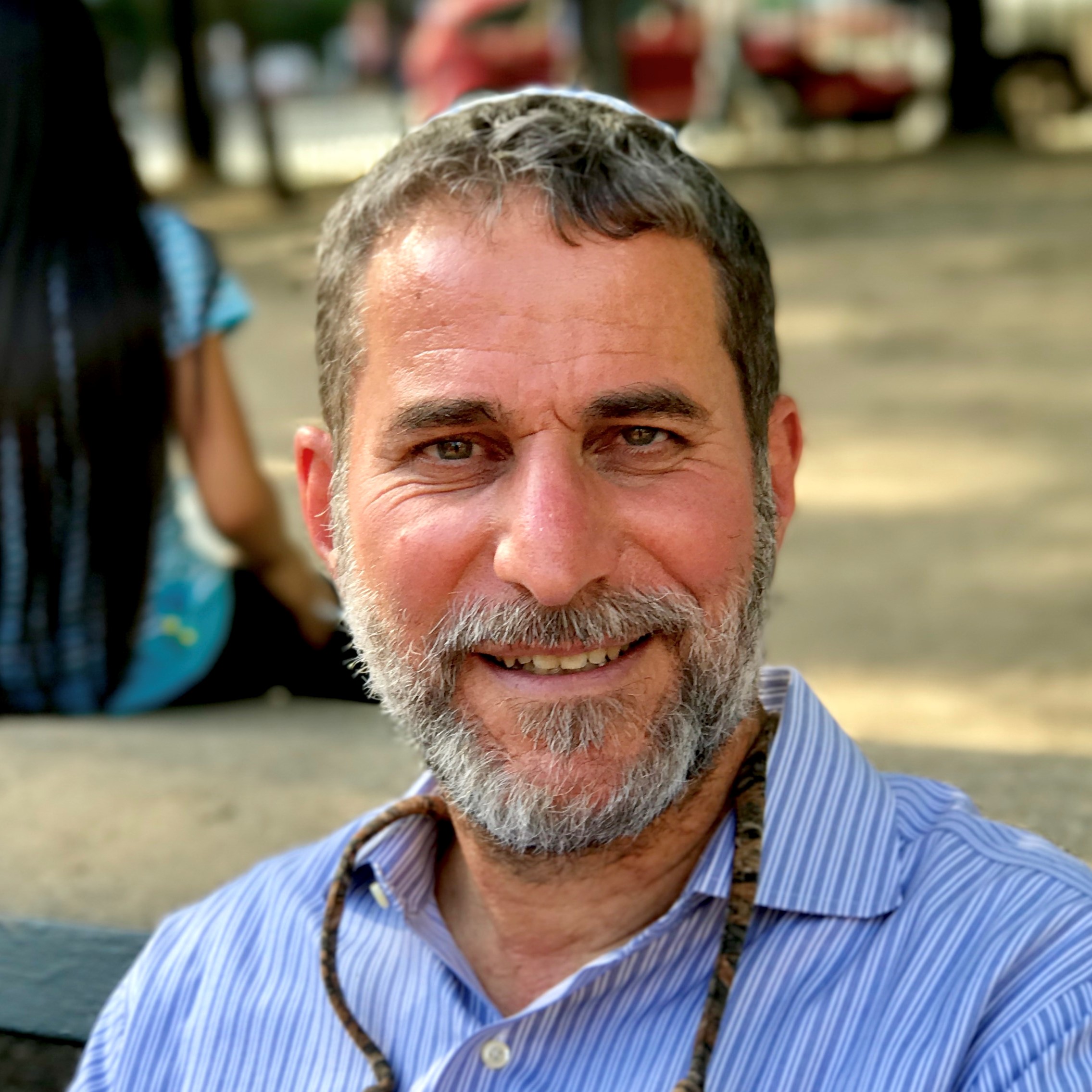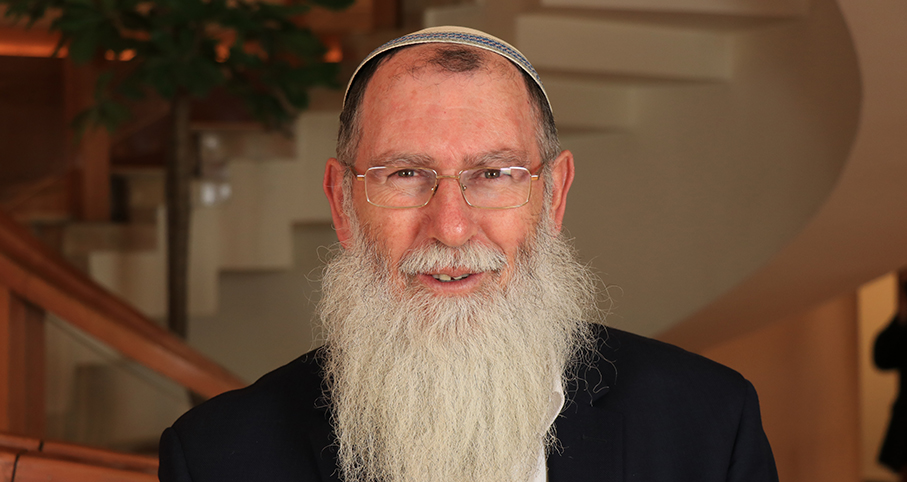Beit Midrash
- Torah Portion and Tanach
- Vayikra
- Vayikra
- Torah Portion and Tanach
- The Four Parshiyot
- Hachodesh
in a special Parshat HaChodesh reading. This would seem to indicate that a whole lot is new!
The message we project via the portions read in three Sifrei Torah this Shabbat - a rare event, indeed – is that life can always begin anew. No matter where you may be holding, no matter how dark or dangerous the road ahead may seem, there’s always room for hope & optimism.
This concept is made starkly visible to us through the medium of the Moon. It has its period of decline, to be sure, but it always will return in ascendance, symbolizing our rise as a nation from tragedy to triumph. That is why our calendar is based on the chodesh (as in chadash-new), as opposed to the solar calendar, which is based on the year, or shana, connected to shayna, old.
And the same is true of the Torah. It is not a finite, fossilized document, but a Torat Chayim, a miraculous, living, wellspring of wisdom that continually brings forth chiddushim, new ideas & viewpoints, in every generation.
Perhaps this is why Pesach, alone among the holidays, has a phenomenon called Pesach Sheni. If you miss the first Pesach (for certain reasons) you can make it up a month later & bring the Korban Pesach in Iyar. Again, second chances, the ability to renew yourself & make things right. Never despair or give up, individually or as a nation, for all is never, ever lost.
We Jews, more than any other people, have the unique ability to re-create ourselves, to shed the skin of yesterday’s disappointments & create a bright new day. Like the spring season in which Pesach must occur, we know that hopes & dreams, like flowers, may lie dormant for a time. But ultimately, they will burst into bloom.
Remember that famous story of the scientists who told the world that in just 3 days, the Earth would be engulfed by a massive, global flood? What to do? How should one spend these last 72 hours? Some said they would intensify their relationship with their families, others said they would indulge in every conceivable pleasure. But the Jews had a very different approach: "We have just three days," they declared," to learn how to live underwater!"
We are an old - yet eternally young - People. So if someone asks you, "What’s new?" Just answer: "We are!"

Return in Order to Return
Parashat Vayikra
Rabbi Yossef Carmel | 3 Nisan 5766

Why Couldn't Moshe Enter the Mishkan??
Rabbi Re'em Hacohen | Adar II 9 5782

Kabbalistic Twist on Vayikra
Israel National Torah
Baruch Gordon | Nissan 2 5781

























